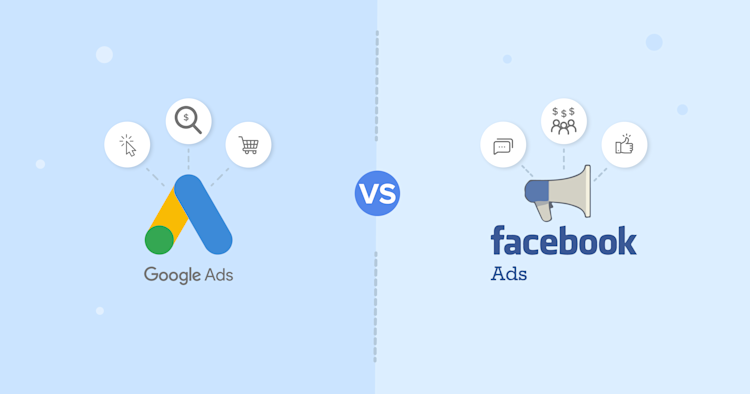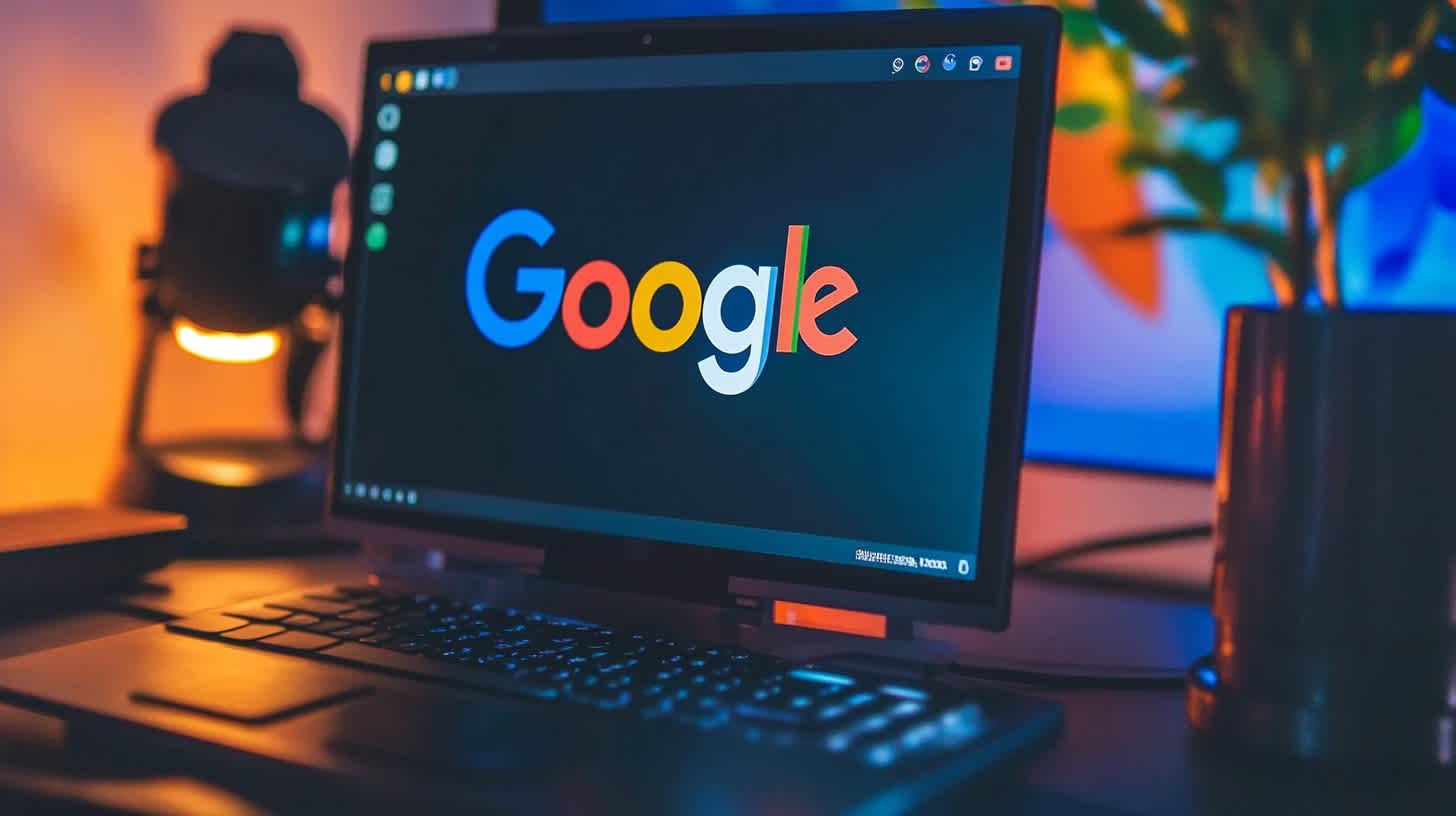Getting traction online is not as simple as setting up a website. You need a robust digital marketing strategy, and most importantly, a meticulous understanding of online search patterns. Within this context, two critical subjects arise- paid search and organic search. In a crowded digital landscape, it’s crucial to understand both to ensure your website garners as much visibility as possible.
Definition: Organic Search
To start off, let's delve into the meaning of organic search.
Organic search, in straightforward terms, refers to the natural results that come up when users input a search term on a search engine. These are not paid adverts but rather, rankings purely based on your site’s SEO (search engine optimization) efforts. If your website appears under organic search results, it means that it has earned its ranking on the SERPs (search engine results pages) based on relevance to the user’s search query and your overall compliance with good SEO practices.
Understanding Paid Search
Now that you’ve got a grasp of organic search, it’s time to explore paid search.
Paid search, as the name implies, involves paying for your site to rank on SERPs. These are often showcased as "Ads" or "Sponsored" listings visible at the top of search engine result pages. This form of marketing is also known as search engine marketing (SEM), pay-per-click (PPC) advertising or CPC (cost-per-click) marketing.
How Does Organic Search Work?
Organic search is largely about Search Engine Optimization (SEO). SEO facilitates effective crawling and indexing of your site by search engine robots, influencing how your site ranks within search results.
Elements shaping organic search results include:
- Quality and Uniqueness of Content: Unique, relevant, and engaging content based on keywords and key phrases that users might type into a search engine.
- Backlinks: Quality backlinks can boost your SEO drastically. Search engines view these links as a vote of confidence in your content’s credibility.
- Site Architecture: Your website's design and its navigability play a central role. Google's algorithms favor user-friendly sites that offer smooth navigation.
- Meta tags and SEO-Friendliness: Your title and description tags need to include relevant keywords that reflect your content accurately.
Mechanics of Paid Search
Paid search revolves around advertisments tailored to appear when specific keywords or phrases are searched. Advertisers bid for their ads to be shown whenever these designated terms are queried.
The mechanics of paid search encompass:
- Keyword Research: Finding and using relevant keywords that match your target audience’s typical search terms.
- Ad Auctions and Bids: Google AdWords, Bing Ads, or other advertising platforms host auctions where advertisers bid on keywords.
- Quality Score: This score by Google rates the relevance and usefulness of your ad to a searcher and affects the cost-per-click (CIC).
- Landing Page Relevance: The better your landing page aligns with the searcher's intent, the higher your ad will rank.
Comparing Organic and Paid Search
It's paramount to draw a clear line between these two search methods, so let's compare and contrast them.
- Cost: Organic search is essentially free, whereas paid search requires a monetary investment.
- Timeframe: Organic search often manifests results over time, but paid search has the potential to drive instant results.
- Credibility: Organic search results are often viewed as more credible and trustworthy since they've not been paid for.
- Visibility: Paid search guarantees certain visibility because advertisers pay to have their ads shown.
Frequently Asked Questions about Paid Search Vs Organic Search
How does paid search work?
Paid search works on a pay-per-click (PPC) model, where you pay a fee every time someone clicks on your ad. These ads can be set up through platforms like Google AdWords or Bing Ads, and can be targeted to certain keywords, demographics, or even specific geographic locations.
How does organic search work?
Organic search refers to unpaid search results that appear in search engines, like Google, Yahoo, or Bing, based purely on their relevance to the user's search query. Search engine optimization (SEO) techniques can be implemented to improve a website's visibility in organic search results. These techniques could include keyword optimization, quality content creation, and link building.
Can you use both paid and organic search strategies?
Absolutely! In fact, it's often recommended that businesses utilize both paid and organic search strategies to maximize visibility and click-through rates. By incorporating both strategies, you can dominate search engine results and increase the likelihood of potential customers finding your website.
Is paid search or organic search more effective?
This can greatly depend on your specific online goals and your budget. Paid search can yield faster results and can be extremely useful for driving immediate traffic to new websites or promotions. However, these results often do not last once the ad campaign concludes. On the other hand, organic search requires more effort and time but often yields sustained, long-term results.
What factors affect organic search rankings?
Several factors can affect your website's organic search rankings. These can include on-page factors like keyword use, meta descriptions, and content quality, as well as off-page factors like backlinks and social signals. Search engine algorithms also constantly evolve, so it's important to keep up with the latest SEO tactics and trends.
How do you set up a paid search campaign?
Setting up a paid search campaign typically involves selecting keywords pertinent to your business, writing the ad copy, and setting a budget. Platforms like Google AdWords allow you to easily set up and manage your PPC campaigns, track their performance, and make necessary adjustments.
How do you optimize your site for organic search?
Search engine optimization is key. This involves conducting keyword research to identify the search terms your audience is using, creating quality, keyword-rich content, ensuring your website is mobile-friendly, and building reputable backlinks.
How much does paid search cost?
The cost of paid search varies based on factors like the competitiveness of your chosen keywords, your campaign budget, and the specific platform you're using. In a PPC model, you decide how much you’re willing to pay each time a user clicks on your ad.
How long does it take to see results from organic search?
Organic search often requires a significant investment of time before you begin to see results. It can usually take several months to see significant changes in your website’s organic rankings. This is because your site needs to build credibility with search engines over time.
Pros of Paid Search
Immediate Results
Quick Setup of Campaigns
Paid Search campaigns can be set up in a relatively short span of time, and the results are immediate. Upon setting up and launching a pay-per-click (PPC) campaign, your ads will start appearing in search results, leading to immediate visibility.
Fast returns on Investment
With PPC, you can start getting returns on your investment quickly. Once you've fine-tuned your PPC campaign, you can start seeing a return on investment far quicker than with organic search.
Targeted Traffic
Precise Targeting
Paid search allows you to target your audience with precision. You can define your audience based on demographic parameters, interests, location, and even their online behavior. This ensures that only the most relevant users see your ads.
Remarketing Opportunities
Paid search allows for remarketing, where your ads are shown to users who have already visited your website or used your app. This aids in increasing your brand visibility among an audience that’s already shown interest in your offerings.
Control Over Budget and Scheduling
Cost Control
In paid search, you have control over how much you want to spend on your campaigns. You can set daily, weekly, or monthly budgets, depending on your advertising strategy and budget.
Ad Scheduling
Ad Scheduling is a feature that allows you to specify certain hours or days of the week when you want your ads to run. This essentially means that you have complete control over when your ads will be visible to potential customers.
Cons of Paid Search
High competition and cost
Higher Cost per Click
As a result of high competition, the cost per click (CPC) can sometimes be significantly high, particularly in saturated industries. This means that budgeting becomes an issue, especially for smaller businesses.
Bidding Wars
In PPC advertising, higher ranking in search results often translates into higher visibility and click-through rate (CTR). This means you might find yourself in a bidding war with competitors for top ad positions, which could drive up costs.
Potential for click fraud
Click fraud refers to fraudulent or deceitful clicking on PPC ads, typically carried out to drain competitors’ budgets. Though search engines do their best to identify and prevent click fraud, it’s not always possible to catch it all.
Pros of Organic Search
Credibility and Trust
High Trust Worthiness
Organic search results carry an inherent level of trustworthiness. When a website appears high in organic rankings, it’s viewed as an authority in its field, which inspires trust and respect from users.
Long-lasting Results
High organic rankings are generally more stable and can last for months or even years. Organic search typically offers the prospect of long-term returns on your SEO efforts.
Cost-effectiveness
Free Traffic
Unlike PPC, organic search is completely free. You don’t have to pay for clicks or impressions. This makes it an extremely cost-effective way of getting traffic to your site.
Lower Cost Over Time
While initial SEO efforts might require some investment, the cost of maintaining high organic search rankings is generally much lower than that of maintaining a PPC campaign.
Cons of Organic Search
Time-consuming
Slow Results
Achieving high organic rankings can be a slow process, often taking several months. Newer websites or businesses may find it especially gruesome as search engines value age, reliability and quality.
Continual Effort Required
SEO is not a one-time job. To maintain and improve your organic search rankings, you have to continually work on your SEO strategies, keep up with algorithm changes and update your content regularly.
Difficult to Scale
While organic search can bring in a lot of traffic, it’s difficult to scale. Unlike paid search, where you can just increase your budget to get more impressions or clicks, with organic traffic, you’re more or less at the mercy of the search algorithm.
Unpredictability
Search engine algorithms are constantly changing and are inherently unpredictable. Even slight changes can have a significant impact on organic search rankings, and there is no guarantee of consistent results.
Summary
So what's the scoop on Paid Search vs Organic Search? Both sides definitely have their merits. Paid Search delivers quick results, making it a favorite for businesses wanting instant visibility and a competitive edge. The ability to target specific demographics and locations can be a huge boost, allowing your business to reach the correct audience more efficiently.
On the flip side, Organic Search wins in terms of long-term sustainability and credibility. Yes, it may take time to climb the search rankings, but once you're on top, you'll enjoy sustained traffic without the additional cost. Users often trust organic listings more, which can enhance your brand's reputation in the online space.
So which one should you go for? The decision really depends on the specific needs of your business and your digital marketing goals. It's not a matter of Paid Search versus Organic Search, but rather about understanding how to leverage each one's strengths. A balanced approach combining both strategies can potentially provide the best results – speedy visibility from paid search, complemented by lasting credibility from organic rankings. It's like getting the best of both worlds!
About WebPerfex
At WebPerfex, we've made Sacramento, CA our home base and a hub for pushing the boundaries of digital marketing and website design. We're not your everyday corporate team — we're innovators, creators, and tech-savvy professionals who revel in producing striking, functional websites that get your product seen. Not only are we experts in the digital landscape, but we're also a tight-knit crew who value collaboration and community. From local start-ups to international brands, we've tailored our services to fit companies of all sizes. WebPerfex - amplifying business potential, one click at a time.




